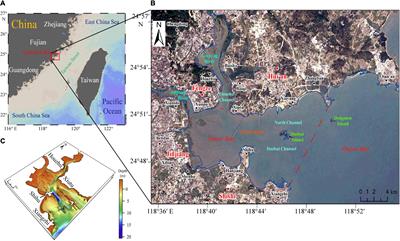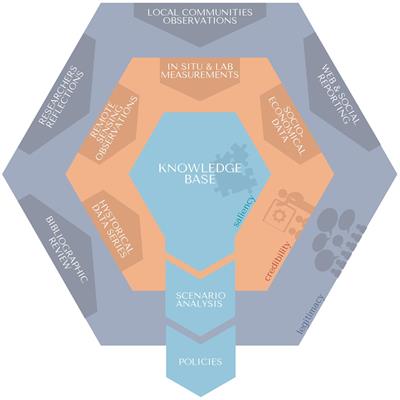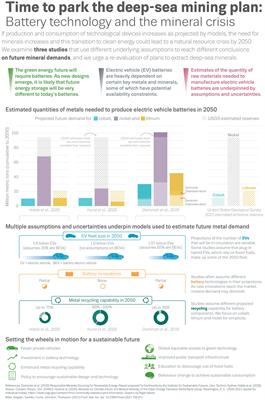EDITORIAL
Published on 29 Mar 2022
Editorial: Ocean Sciences and Ethics

doi 10.3389/fmars.2022.871856
- 3,133 views
- 1 citation
7,406
Total downloads
63k
Total views and downloads
Select the journal/section where you want your idea to be submitted:
EDITORIAL
Published on 29 Mar 2022

ORIGINAL RESEARCH
Published on 07 Jan 2022

BRIEF RESEARCH REPORT
Published on 29 Nov 2021

PERSPECTIVE
Published on 25 Oct 2021

PERSPECTIVE
Published on 06 Oct 2021
PERSPECTIVE
Published on 17 Sep 2021

ORIGINAL RESEARCH
Published on 14 Sep 2021

OPINION
Published on 30 Aug 2021
PERSPECTIVE
Published on 29 Jul 2021

